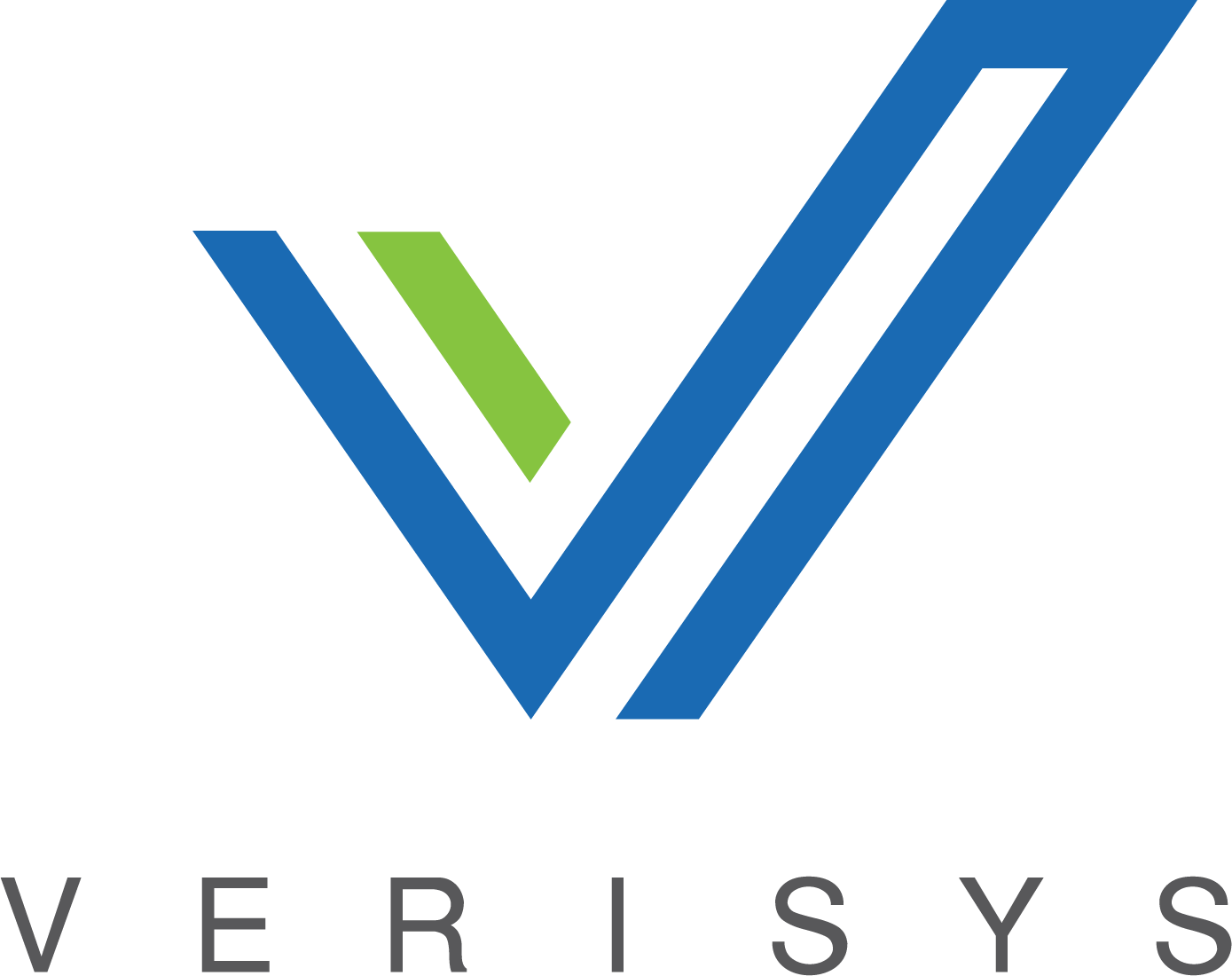– The best resource for monthly healthcare regulatory compliance updates. Compliance Updates: April 2024 Overlook: Licensure Compacts Other Legislation Board Updates Interstate Medical...


Employing sanctioned providers and the CMP’s (Civil Monetary Penalties) that result from that can cost your organization millions of dollars and irreparably damage your reputation before you’ve even realized the error. Here’s why healthcare sanctions screenings are not only important but imperative.
What Are Healthcare Sanctions and Screenings?
A healthcare sanction is a disciplinary action levied against an individual or entity by a state licensing board. A healthcare sanction can severely damage an organization’s finances, operations, and reputation, and can inhibit providers or entities from participating in federal health care programs.
Healthcare sanctions place a restriction upon medical licenses, which can include a suspension or revocation of the license and other penalties against the organizations that employ sanctioned parties. In order to discover a healthcare sanction or disciplinary action on a license, a comprehensive sanction screening must take place during the hiring process. Ongoing monthly monitoring of providers within your organization is highly recommended to maintain compliance and mitigate risk.
The U.S. Department of Health & Human Services (HHS) Office of Inspector General (OIG), requires a healthcare sanction screening that is checked against the List of Excluded Individuals/Entities (LEIE). Any organization that hires or employs an individual or entity on the LEIE may be subject to civil monetary penalties (CMP) and other penalties.
A thorough sanctions screening from Verisys reviews thousands of government lists and cross-references policies and requirements from the OIG to provide insight into a health care provider’s medical background. Since licenses are subject to review and change regularly, health care entities must regularly monitor the LEIE for any penalties, suspensions, or punitive or disciplinary actions taken against a health care provider.
Why Is a Sanction Screening Important?
State Licensing boards may place an individual on the OIG Exclusion list for violations including:
The consequences of hiring a provider who has been sanctioned or excluded can be severe. The U.S. Department of the Treasury reports that CMPs can run upwards of $10,000 for every item or service provided or ordered by a sanctioned individual, and sometimes as much as triple that amount per item.
Even more damaging is that organizations run the risk of being denied reinstatement into federal health care programs in the future. If the OIG discovers a sanctioned individual or entity within an organization, the organization may be barred from participating in federal programs such as Medicare, Medicaid, and all other Federal plans and programs that provide health benefits funded directly or indirectly by the federal government.
The full list of ramifications for an organization can be found in the Updated Special Advisory Bulletin on the Effect of Exclusion From Participation in Federal Health Programs. This is also compounded by penalties by state licensing boards.
Sanctions checks ensure that your business:
Frequent healthcare sanctions screenings ensure that your practitioners are in good standing with all licensing boards, providing security and compliance for your organization.
What Is the Difference Between State Board Actions & Federal Exclusions?
Under the regulation of interstate commerce, the OIG has the federal authority to exclude individuals and entities from federally funded health care programs and place hefty CMPs on any individual or entity on the LEIE. In addition to federal consequences, state medical boards can also take board actions against an individual or an entity. Therefore, a sanctioned individual or entity can have both a state board action and federal sanction placed upon them. And often individuals on the OIG LEIE are there because of a sanctioned or revoked license.
The state licensing boards respond to and investigate complaints against individuals or entities. State licensing boards will take subsequent corrective actions to discipline and publicly report those disciplinary actions and prevent an individual or entity from receiving state Medicaid funds. States also reserve the right to take criminal action against these same violations.
The Federation of State Medical Boards (FSMB) compiles data on provider discipline and U.S. jurisdictions. Once violations have been reported by the state, the federal OIG will place the individual on exclusion lists and that provider can no longer assess care, order, or prescribe services to any federally funded program recipients. Additionally, if a health care organization submits a claim and receives reimbursements directly or indirectly for that individual or entity, the organization is also subject to fines and penalties.
Compliance Through Sanction Screening with Verisys
When it comes to sanction screening, it is important to note that not all state exclusions and sanctions are reported to the OIG, so it’s critical to screen employees and vendors against all available federal and state exclusion lists. It is essential that your organization uses a trusted platform like Verisys’ FACIS® data set for screening and monitoring your provider population. Doing so will mitigate risk and secure ongoing compliance with both state and federal regulations.
Learn more about how Verisys can assist your HCOs in meeting all government and regulatory standards.
 |
Written by Verisys Verisys transforms provider data, workforce data, and relationship management. Healthcare, life science, and background screening organizations rely on our comprehensive solutions to discover their true potential. Visit verisys.com to learn how we turn problems into power.
|